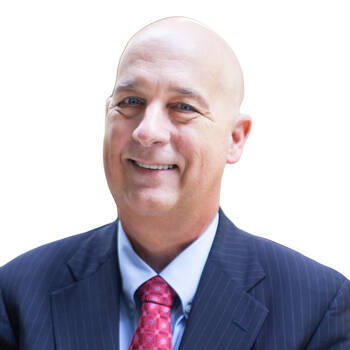Let the Market Drive Progress: A Case for Uber Taxi Service
Scott Rasmussen
Public Opinion Pollster, Author, Co-Founder of ESPN & Rasmussen Reports, Political Analyst
BusinessFor people who’ve ever struggled to find a taxi, Uber is great news. If you’re in a decent-sized city, download its app, register, and you’ll never wait for a taxi again.
When you need a ride, all you have to do is pull out your phone, enter your request, and a car will be waiting. The reasonable payments are handled automatically, and the lack of hassle is a blessing.
Uber is a great example of how digital technology is improving our quality of life. Not only does it serve consumers, other companies are doing the same across many industries. Treating consumers better is something we should be celebrating.
However, as reported by MarketWatch, not everybody shares that view. “Many officials, including New York State Attorney General Eric Schneiderman, question whether they are slick, technology-disguised attempts to circumvent regulation.”
Why would a regulator consider someone providing better service as attempting to get around regulations? After all, the regulations were allegedly set up to protect consumers.
But that’s not the way the regulatory regime works in the 21st century. Officials use their regulatory authority to protect the status quo, not consumers.
Uber may be great for consumers, but it’s bad for those who already own taxis. In a healthy economic environment, those existing taxi owners would respond by providing better service. However, a heavily regulated industry provides distorted incentives.
In places like New York City and Boston you have to own a “medallion” to operate a taxi. In New York they cost $1 million each. In Boston medallions can go for more than $600,000.
And the taxi owners are far from the only ones threatened by the disruptive impact of new technology. Altimeter Partners reports that each new ride-sharing vehicle reduces “car ownership by 9-13 vehicles; a revenue loss of at least $270,000 to an average auto manufacturer.”
So when a company like Uber offers a superior service to consumers, it makes a lot of people very nervous. With so much money at stake, creative politicians instinctively sense an opening to regulate the new competition out of business. This gives them leverage to extort money from business owners trapped in the regulatory regime.
That’s why regulators are committed to defending the status quo rather than protecting consumers. It’s only a temporary solution for the old-school businesses. MarketWatch says investors should recognize that “the sharing economy’s ease-of-use and value proposition to consumers is likely to win out.”
Still, it will be a challenging process. Government power can definitely slow progress and make it harder for innovative companies to compete.
Free market competition, on the other hand, will encourage innovation and improve the lives of consumers. It’s the best form of regulation. The reason is simple: Consumers will seek out the option that serves their best interests.
Scott Rasmussen is founder and CEO of Rasmussen Media
For more information on how to book Scott Rasmussen for your next event, visit premierespeakers.com/scott_rasmussen
Source: Boston Herald
